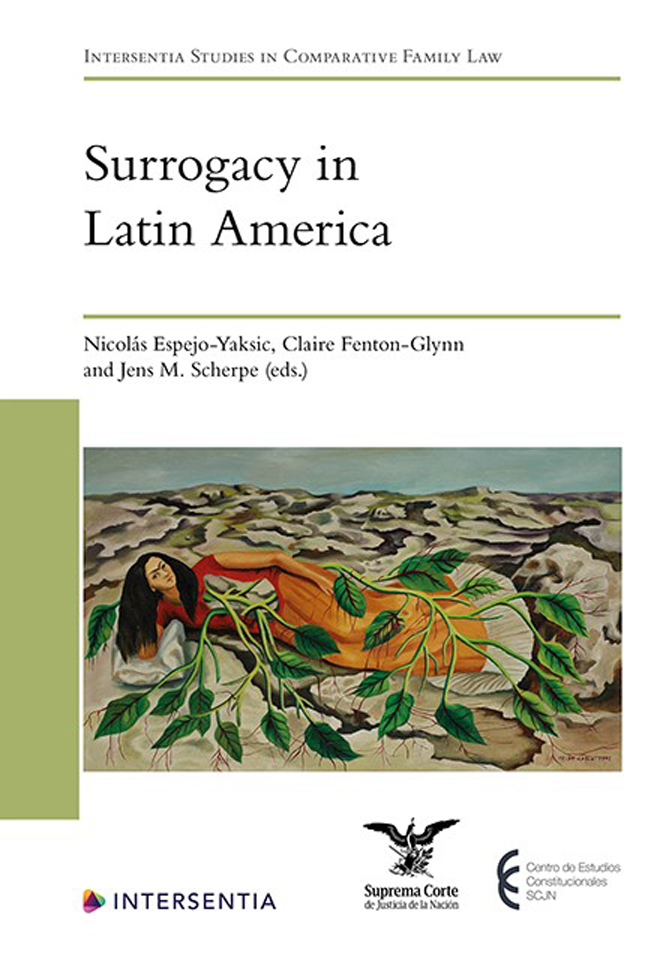Uruguay
Published online by Cambridge University Press: 09 January 2024
Summary
1. GENERAL LEGAL FRAMEWORK
Surrogacy is regulated in Uruguay by Law 19.167, Assisted Human Reproductive Technologies (“ART”), and by its regulatory decree, Decree 84/2015.
In 1996, before the approval of this law, Senator Alberto Cid, a doctor, presented a Bill on Assisted Human Fertilization. The main purpose of the bill was the regulation of the practice of assisted fertilisation, which was being practised in Uruguay at that time without any legal framework. It did not include surrogacy, and its articles show the ethical concerns of the times, especially regarding the handling of embryos. However, this bill did not pass.
Law No. 19.167 created the Honorary Assisted Human Reproduction Commission, composed of a representative of the Ministry of Public Health, who presides over it; a representative of the National Institute of Donation and Transplant of Cells, Tissue and Organs (“INDT”); a representative of the Schools of Medicine; a representative of the Schools of Law; a representative of the Uruguayan Human Reproduction Association (“SURH”); a representative of the Medical Association of Uruguay; and a representative of the users (articles 29 and 30).
Article 31 of this law defines the powers of the Commission as follows:
(a) To provide compulsory advice to the Ministry of Public Health on assisted human reproduction policies, and the relevance of introducing new technologies in this area.
(b) To promote standards for the implementation of assisted reproduction.
(c) To contribute to the updating of the knowledge of professionals and scientists in the field of assisted human reproduction, and the dissemination of this knowledge.
(d) To voice well-founded opinions on irregularities to be taken up by the Honorary Public Health Commission and the Medical Association of Uruguay, as corresponds to each of those bodies, reporting to the Ministry of Public Health.
Surrogacy appears as a minor point (extending to only 4 of 32 articles) of the ART Law. The purpose of the law, in a country with an integrated national health system, was not only to regulate assisted human reproduction procedures, but also to alleviate the economic burden for couples who resort to them.
- Type
- Chapter
- Information
- Surrogacy in Latin America , pp. 231 - 242Publisher: IntersentiaPrint publication year: 2023

